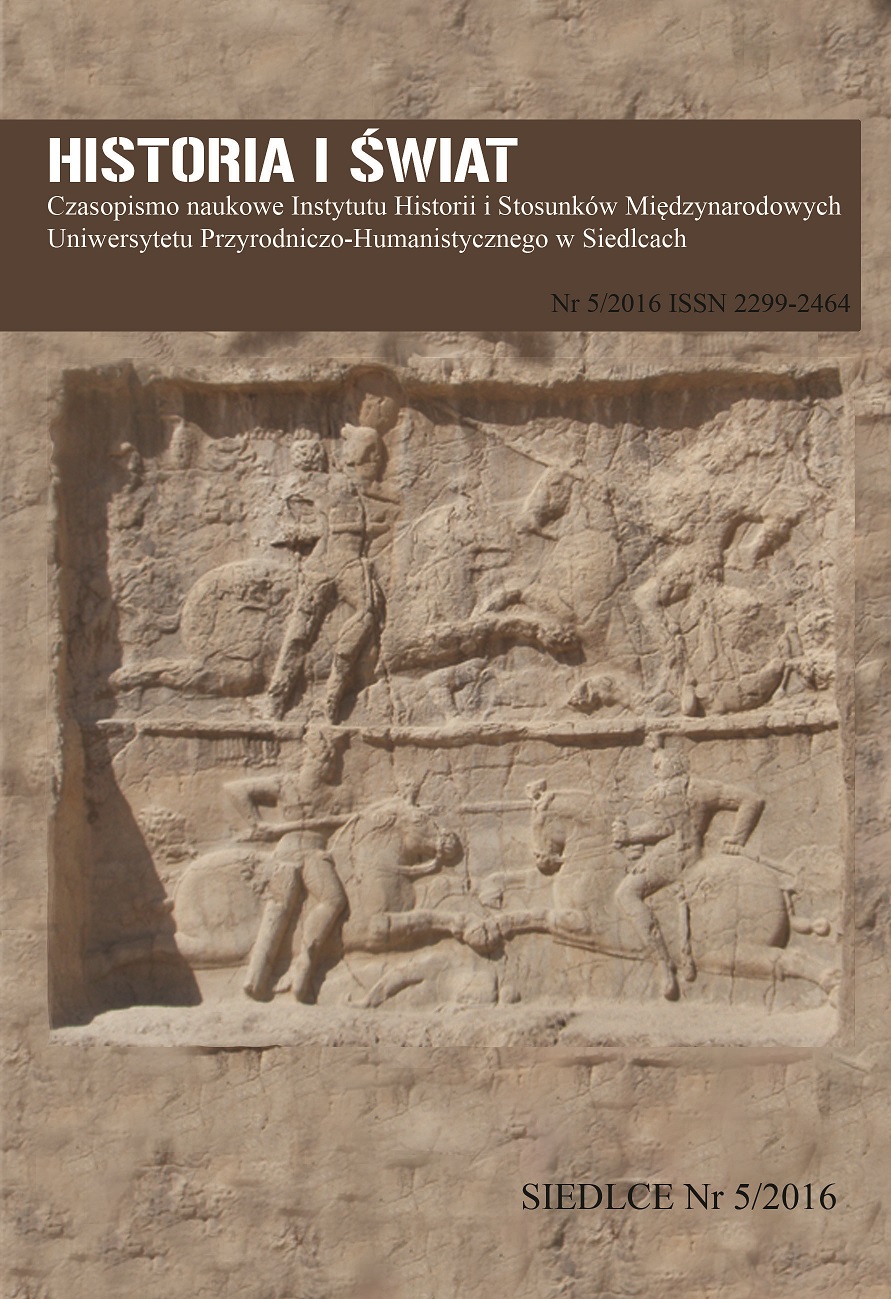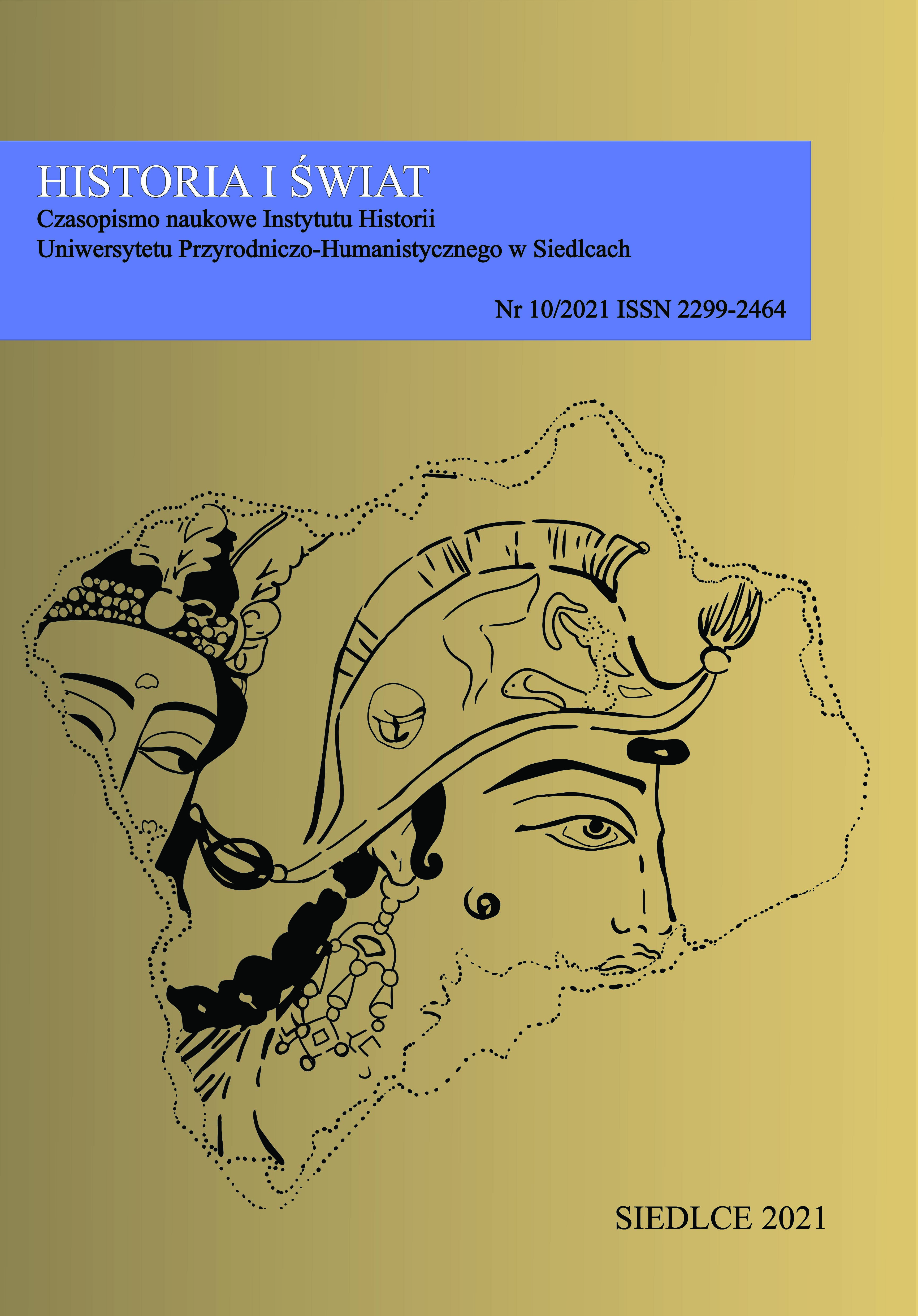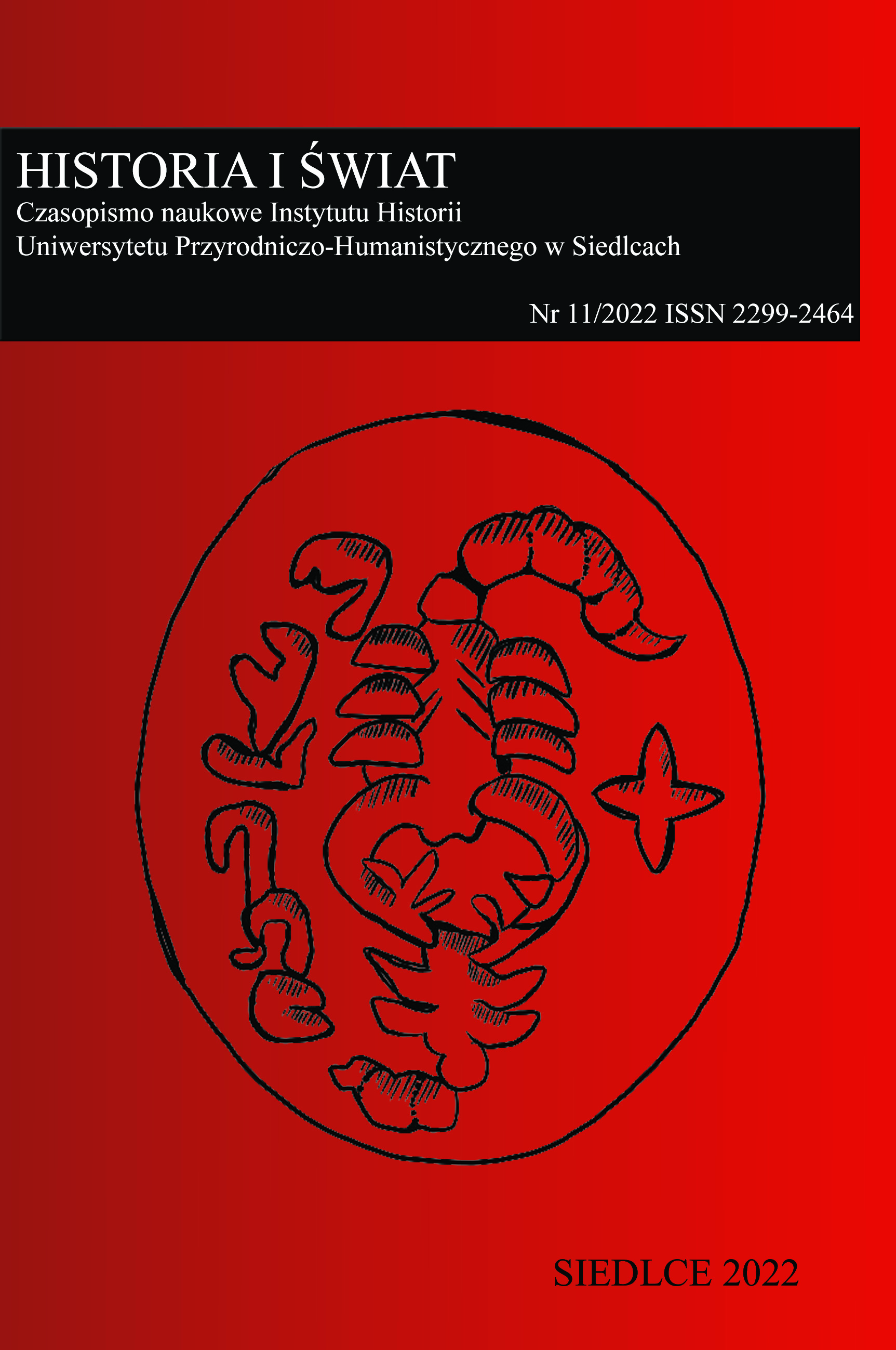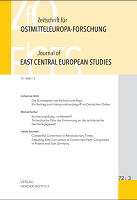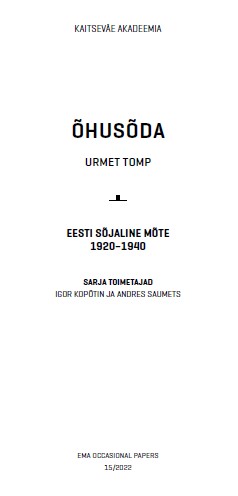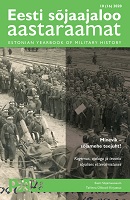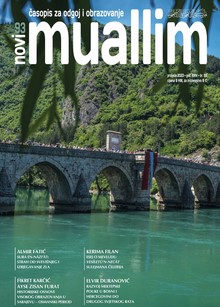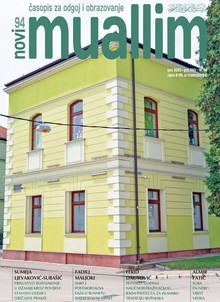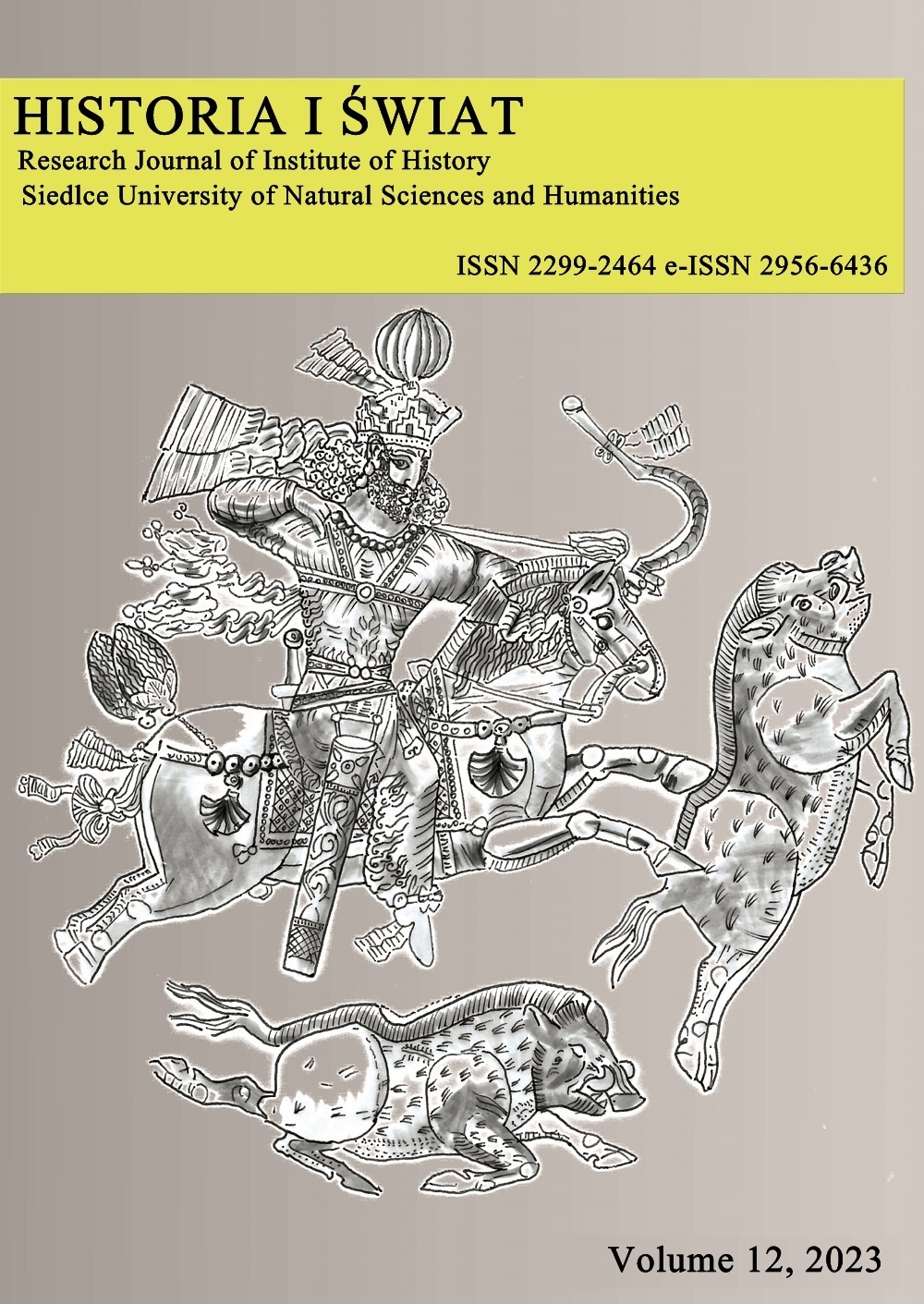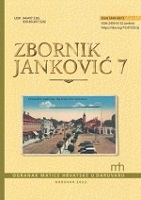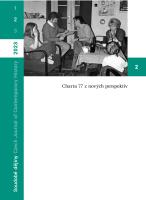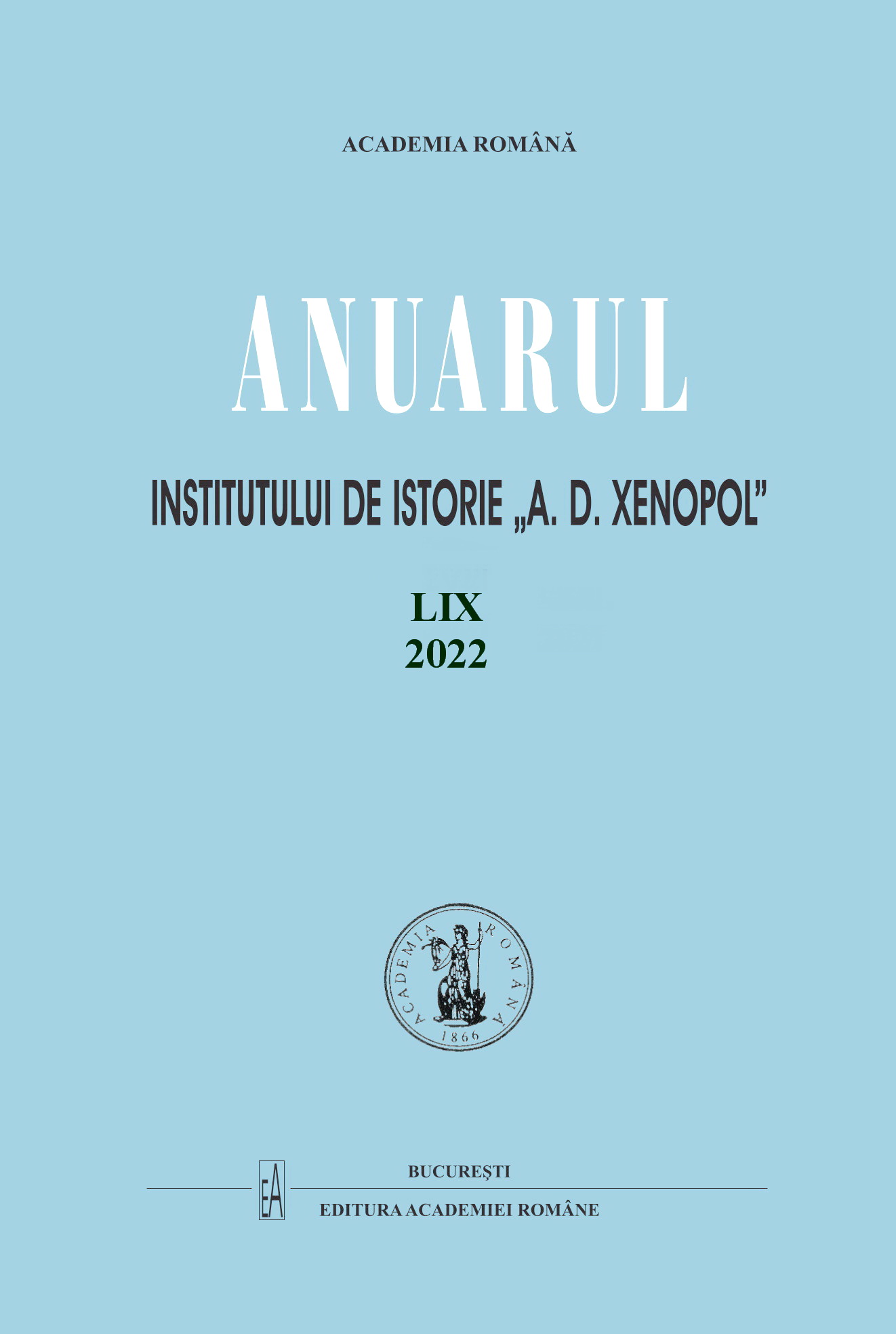Author(s): Jiří Křesťan / Language(s): Czech
Issue: 2/2023
Jan Chadima’s book, simply entitled "Rudolf Slánský", is a biography of one of the founding members of the Communist Party of Czechoslovakia (KSČ) in 1921, who
eventually became a victim of the largest trial of “internal enemies of the party” in post-war Czechoslovakia. Between the wars, Slánský (1901–1952) served in various positions in the regional and central party apparatus, and by the 1930s he was already in the party leadership. He spent the war in exile in Moscow. In 1945 he became General Secretary of the Central Committee of the KSČ, and as such he had the main organizational role in building the mass party that took power in Czechoslovakia in 1948. He participated in the political repressions, yet in connection with the search for “internal enemies” in the party he himself was first politically degraded (in September 1951), then arrested (in November) and, as the alleged head of a conspiracy, he was accused of the most serious anti-state and anti-party crimes. In a show trial in November 1952 he was sentenced to death and executed a month later. In the 1960s, he was gradually rehabilitated, but under normalization his fate was a taboo subject once again. The reviewer appreciates the fact that while other historians have so far concentrated mainly on the circumstances of Slánský’s trial, Chadima has attempted to give us a comprehensive biography. Against the chronological background of Slánský’s career, the reviewer highlights interesting moments in the book, and positively assesses the breadth of the heuristic scope, the factual and analytical interpretation, and the overall level and value of the biography. Chadima’s book is primarily a political biography and, although he does not dwell much on Slánský’s personal and family history, he paints a fuller portrait than previous authors, who mainly saw him as a ruthless bureaucrat longing for power.
More...
